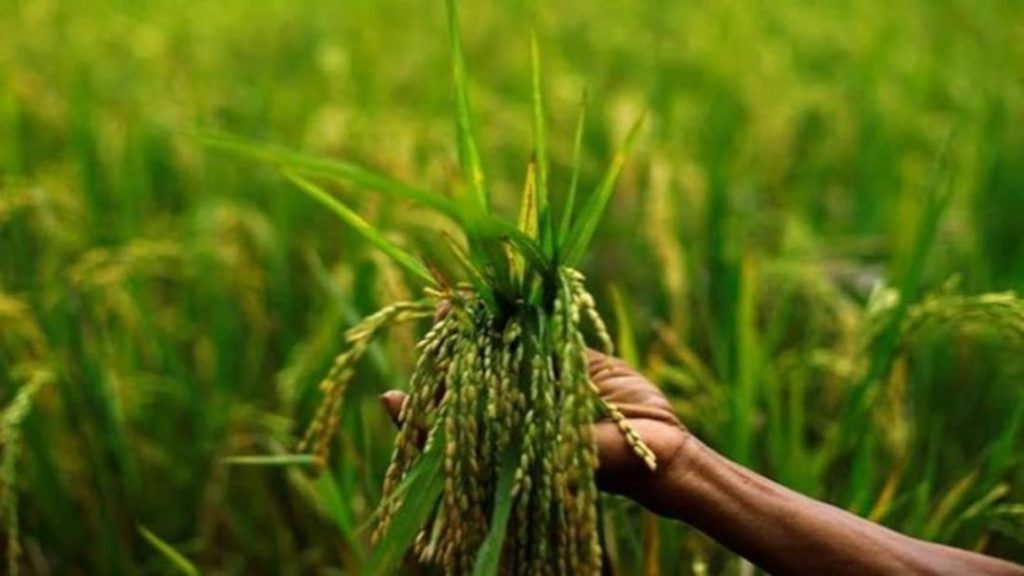
India Cutting Chenab’s Supply Will Increase Water Shortage & Impact Crops, Accepts Pakistan
The Indus Waters Treaty (IWT) between India and Pakistan, signed in 1960, has been a crucial agreement for the sharing of the waters of the Indus River and its tributaries. However, in recent years, tensions have been escalating between the two countries, with India’s decision to revoke Article 370 of the Indian Constitution, which granted special status to Jammu and Kashmir, being a major point of contention. As a result, Pakistan has been complaining about the reduction in the flow of the Chenab River, which is a major tributary of the Indus River.
Recently, the Indus River System Authority (IRSA) in Pakistan accepted that India cutting the flow of the Chenab River after the suspension of the IWT would increase water shortages across the country. The IRSA also claimed that the move would impact the kharif crops, which are already estimated to face a 21% shortage for the remaining early kharif season. Water shortage in the late kharif season is estimated to be 7%, according to the IRSA.
The kharif season is a critical period for agriculture in Pakistan, with crops such as paddy, maize, and sugarcane being harvested during this time. Any reduction in water supply would have a significant impact on the crop yield and the overall food security of the country. The IRSA’s statement has sparked concerns among farmers and agricultural experts, who are already grappling with the challenges of climate change and water scarcity.
India’s decision to cut the flow of the Chenab River is seen as a retaliatory move against Pakistan’s decision to suspend the IWT. The treaty has been a cornerstone of Indo-Pak relations, and its suspension has raised concerns about the potential for water wars between the two countries. The IWT has been in place since 1960, and it has helped to ensure that the waters of the Indus River and its tributaries are shared fairly between India and Pakistan.
However, in recent years, tensions have been escalating between the two countries, with India accusing Pakistan of violating the treaty by building dams and canals that are diverting water from the Indus River. Pakistan, on the other hand, has accused India of violating the treaty by constructing dams and canals that are disrupting the natural flow of the Chenab River.
The IRSA’s statement has come as a warning to both countries that the reduction in water supply would have severe consequences for the agriculture sector and the overall economy of Pakistan. The authority has called upon both countries to resolve their differences and come to a mutually beneficial agreement on the sharing of the Indus River waters.
The impact of the water shortage on crops would also have a ripple effect on the food security of the country. Pakistan is already facing a food crisis, with the country relying heavily on imports to meet its food requirements. Any reduction in crop yield would further exacerbate the situation, leading to food shortages and price hikes.
The situation is also being monitored closely by international organizations, including the World Bank, which played a key role in negotiating the IWT. The World Bank has called upon both countries to resolve their differences and to find a peaceful solution to the dispute.
In conclusion, the reduction in the flow of the Chenab River would have severe consequences for the agriculture sector and the overall economy of Pakistan. The IRSA’s statement has highlighted the need for both countries to resolve their differences and to come to a mutually beneficial agreement on the sharing of the Indus River waters. The situation is being closely monitored by international organizations, and it is crucial that both countries work together to find a peaceful solution to the dispute.
News Source:
https://x.com/TimesNow/status/1919429995526520980






